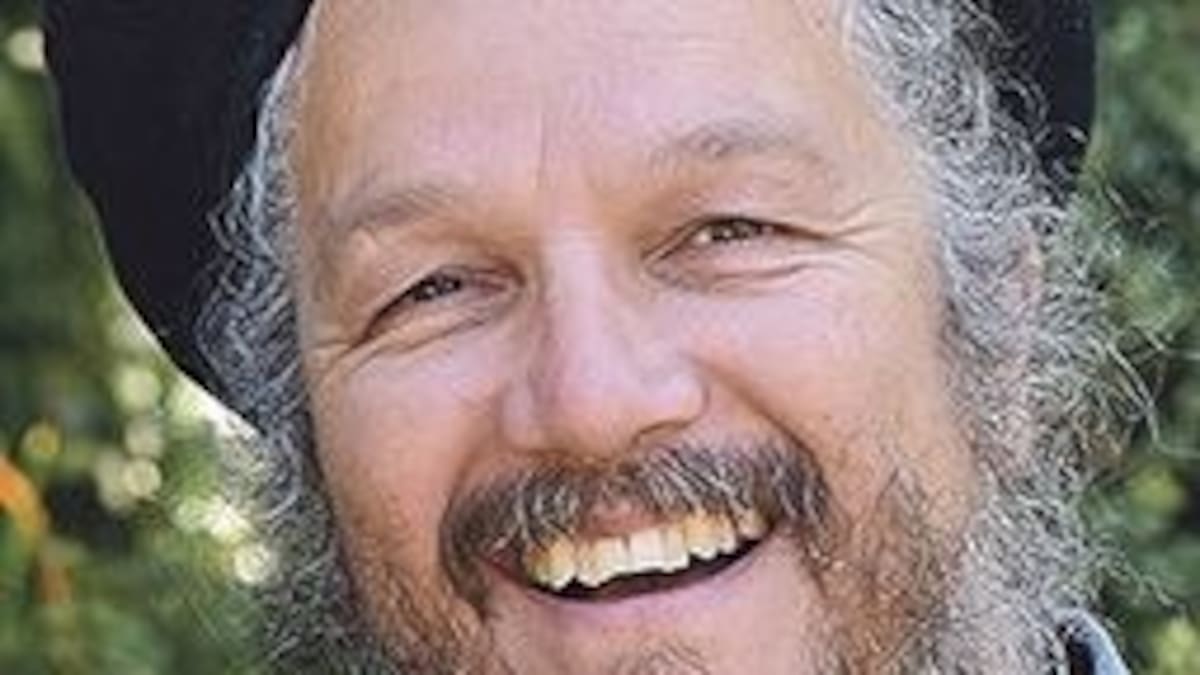With only special votes still to be counted, Tánczos is sitting 96 votes ahead of Luca for the mayoralty based on preliminary results, reversing an earlier very slim margin in Luca’s favour.
The former Green Party MP has been a councillor in Whakatāne since 2016.
Tánczos told RNZ there were still 500 special votes to be counted but that would not change the result.
Luca conceded to Local Democracy Reporting he was not expecting any reversal to Tánczos’ lead when final results came out later this week.
He said he felt most of those making special votes were more likely to vote for Tánczos.
“My supporters have been fairly stalwart,” Luca told Local Democracy Reporting.
“I would have expected the special votes to break for [Tánczos]. So I’m not expecting any miracles.”
Luca has spent his two terms on the council trying to exert downward pressure on rates.
Victor Luca looks likely to lose his role as Mayor of Whakatāne.
“I did my best to keep rates increases to moderate levels. That’s one of the things I stood on and died in a ditch over,” Luca said.
He went as far as voting against two Long-Term Plans, as he considered they contained projects that would be too costly for ratepayers.
“You’ve just elected a mayor that was pro the boat harbour, the council refurbishment and the Rex Morpeth Recreation Hub development,” he said.
Philip Jacobs stood against Luca for the mayoralty on a similar agenda.
He advocated for staff cuts and scrapping of projects, including the Rex Morpeth Recreation Hub and the Matatā Wastewater Project.
Whakatāne mayoral candidate Phillip Jacobs also stood on a platform of controlling rates.
“He was a bit more draconian than I am,” Luca said, in his opinion.
Between them, Jacobs and Luca have 4804 votes so far, compared to Tanczos’ 3607.
Tánczos was humble in his victory.
“It’s not 100% in the bag yet, but I feel really humbled that the community has put their faith in me to be Mayor of Whakatāne District.
He felt people made a clear choice on the issue of council spending on “nice-to-haves”.
“Philip gave them a really clear choice, saying we need to suck all the money out of all the so-called nice-to-haves, and people have indicated really strongly that’s not what they want.
“They don’t want a community with no life, that has no facilities. People voted for something different.”
He said projects such as the proposed Rex Morpeth Recreation Hub were not what were driving rates rises.
“I do believe that social infrastructure is just as important as principal hard infrastructure but I also believe that we have to give value for money.
“People need to see that we’re not spending their money unwisely.”
– Additional reporting NZME, RNZ. LDR is local body journalism co-funded by RNZ and NZ On Air.

